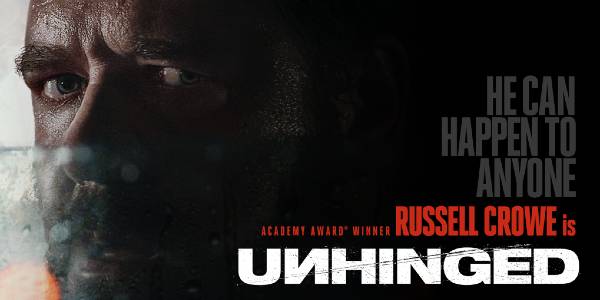On Chesil Beach (2017) – Movie Review
On Chesil Beach, directed by Dominic Cooke and based on Ian McEwan’s novella, is a quiet, emotionally devastating drama that explores intimacy, repression, and the lasting consequences of a single moment in time. With its gentle pacing and restrained performances, the film dives deep into the complexities of love, shame, and unspoken trauma in 1960s England.
The story centers on Florence Ponting (Saoirse Ronan) and Edward Mayhew (Billy Howle), a young couple from different social backgrounds who are deeply in love and have just married. The film opens with them arriving at a seaside hotel on the Dorset coast for their honeymoon. However, as the evening unfolds, it becomes clear that both are carrying emotional burdens and unresolved fears, particularly around sex and communication.
Set mostly on their wedding night, On Chesil Beach uses flashbacks to trace the development of their relationship—from their awkward, earnest courtship to their passionate intellectual bond and deep affection for each other. Florence is a talented classical violinist from a well-off, emotionally distant family, while Edward is a history student from a more modest and chaotic household. These class and personality differences subtly lay the groundwork for the tension that eventually explodes.
Saoirse Ronan delivers a nuanced, deeply felt performance as Florence. Her fear of physical intimacy, which the film delicately hints may be rooted in past trauma, is portrayed with grace and sensitivity. Billy Howle, as Edward, balances vulnerability with frustration, capturing the confusion and hurt of a man who feels rejected but doesn’t fully understand why.
What makes On Chesil Beach so emotionally effective is its stillness. The film doesn’t rely on melodrama or grand gestures. Instead, it lets silence, glances, and pauses carry weight. The climactic scene on the beach, where the couple’s miscommunication and repressed emotions reach a breaking point, is heartbreaking in its simplicity. In that moment, one rash decision—a failure to bridge the gap between two people—leads to a lifelong consequence.
Visually, the film is beautifully shot, with the vast, windswept Chesil Beach providing a stark contrast to the emotional claustrophobia the characters feel. The muted color palette and period-accurate details evoke the early 1960s with a sense of nostalgia and melancholy.
McEwan, who adapted his own novella for the screenplay, keeps the dialogue spare and thoughtful. The film examines how the cultural constraints of the time—especially around sex, gender roles, and mental health—created emotional prisons for many. It’s a reminder of how little freedom people once had to discuss their desires, fears, and pain.
The film’s final scenes flash forward several decades, showing how that one night defined the course of Edward’s life. The sense of regret is palpable, as is the understanding that some moments, once passed, can never be reclaimed.
On Chesil Beach is a tender, tragic portrait of a love that failed not because it wasn’t real, but because it couldn’t find expression. It’s a quietly shattering film that lingers long after the credits roll.









